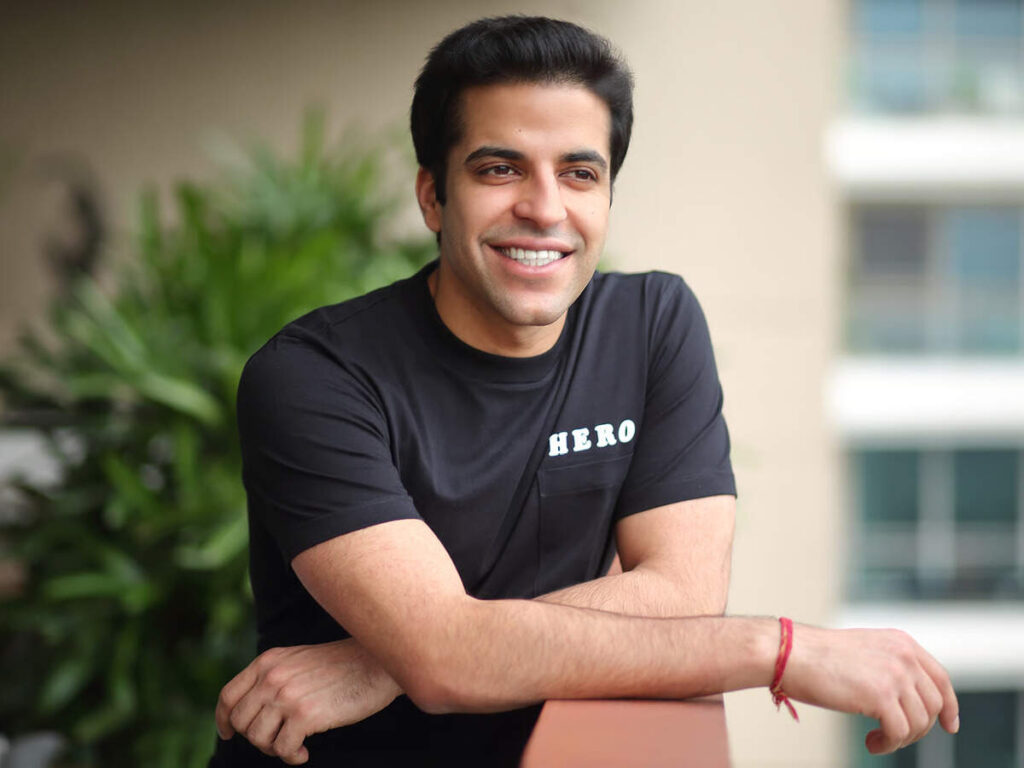1. What’s your leadership mantra in the fast-evolving tech landscape?
I don’t operate by a single mantra, but I do rely on a few guiding principles. First, details matter; it’s often the smallest things that decide success or failure. Second, I listen to my gut, but only after I’ve absorbed enough information. I constantly ask myself, What is the outcome I truly want? Once that’s clear, decisions become faster and more aligned. I also follow a system of weekly reviews, which keeps me grounded and ensures the team’s efforts stay aligned with the larger vision
2. How do you inspire or motivate your team during challenging times?
I believe in simplifying the problem. Most of the time, people feel overwhelmed because the challenge appears too big. I work with the team to define a clear next step or the final goal, something tangible to work toward. Once that’s done, we strip away distractions and focus our energy. Clarity breeds confidence, and with confidence comes momentum.
3. In an era of AI and automation, how do you see the role of human leadership evolving?
Human leadership is becoming more about intuition, creativity, and emotional intelligence. AI can process data faster and better than us, but it can’t replace vision, empathy, or the human ability to inspire. The best leaders of tomorrow will be those who embrace AI not as a threat, but as a tool, augmenting their strengths and enabling smarter decisions.
4. Tell us about a major screw-up in your career—what went wrong and what did you learn?
Expanding into Germany was one of our most expensive missteps. We underestimated how different the market would be, from culture to customer expectations. Worse, we didn’t have a local governance model in place, so decision-making was slow and disconnected. Eventually, we had to exit. The lesson? Fail fast. When something isn’t working and you’ve given it enough time, pull the plug. Lingering with a poor bet costs more than a quick exit.
5. How do you handle failure, and how do you encourage a failure-friendly environment?
I invest a lot in mental fitness, cold showers, journaling, early mornings without screens, and curated content like podcasts. These routines build resilience. I’ve come to see failure not as something to avoid, but as necessary feedback. Within the team, we celebrate learning from mistakes. We ask: What did we learn? How do we do better? That mindset helps us grow with less fear.
6. What’s the next big disruption you foresee in the tech industry?
Mobility is going to be completely redefined, especially in urban India. From how we get to the airport to smart, last-mile logistics, everything will change. I also see a boom in hyper-local learning powered by smart devices and AI. We’ll go from consuming content to interacting with it. Real-time, contextual, and personalised experiences will drive the next wave of disruption.
7. How do you unplug from the tech world? Any non- negotiable habits?
I stay away from social media, completely. My mornings are tech free for the first hour. I meditate, journal, and train daily. These habits anchor me. The only tech I engage with early in the day is my Garmin watch, it provides data without distractions.
8. What’s a mistake you see many young tech entrepreneurs making?
Chasing hype over solving real problems. Many are drawn to startup life because it looks exciting, but they skip the hard work of understanding users deeply. Another common issue: pivoting too soon. Good ideas need time and grit to grow.
9. Podcasts and inspiring quotes you want to recommend to our readers?
I listen to a variety of podcasts, this is almost a must-have for me. The Martell Method is excellent; he’s an entrepreneur himself. Then there’s First Principles by The Ken, an Indian company. I like Modern Wisdom for philosophy. I love space talk, so StarTalk by Neil deGrasse Tyson is a favourite



